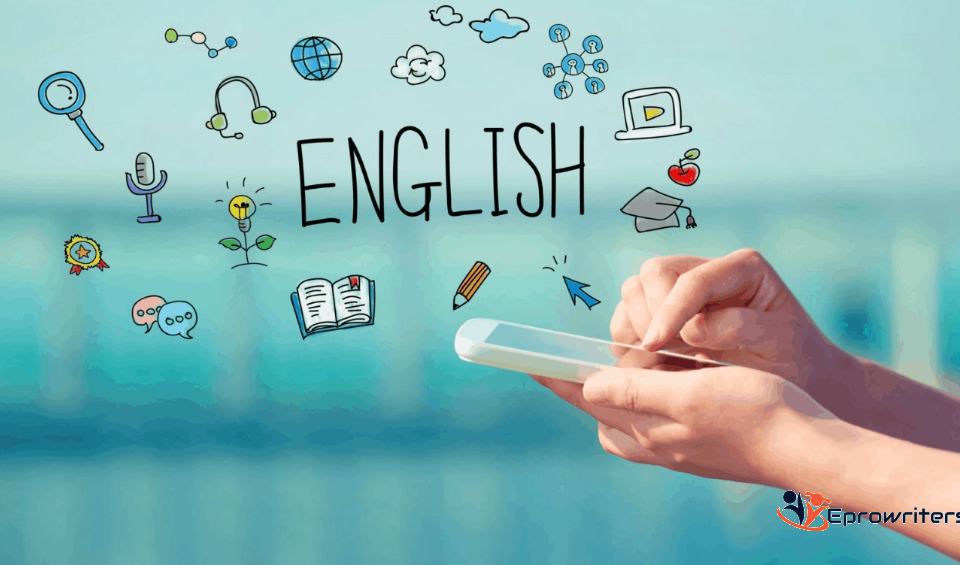- Top Quality Custom Essays
- +1 (628) 201-7932
- eprowriters01@gmail.com
ENGL1302 Analysis Essay 1 Online
ENGL1302 Analysis Essay 1 Online

ENGL 1302: Analysis Essay
Last updated on September 23rd, 2023 at 08:31 pm
Texts to Choose From for the ENGL1302 Analysis Essay Assignment Essay 1 Online:
- Reason.com: “Welcome to the Era of Late Socialism” by Peter Sudeman, https://reason.com/blog/2018/09/05/era-of-late-socialism-late-capitalism
- The New York Times: “5 States Are Investigating Potential Cover-Ups of Sex Abuse in Catholic Dioceses” By Sharon Otterman, https://www.nytimes.com/2018/09/06/nyregion/catholic-sex-abuse.html?action=click&module=Top%20Stories&pgtype=Homepage
- hollywoodreporter.com: “Academy Postponing New Popular Oscar Category” by Gregg Kilday, https://www.hollywoodreporter.com/news/academy-postponing-new-popular-oscar-category-1140423
Purpose: To demonstrate understanding of how compositions are created through various elements of development, such as: tone, modes of discourse (description, exposition, narration, agument) and/or literary devices. The analysis should be initially framed by a review of the rhetorical context (audience, author, and topic)
Your Tone: Objective (no first person or opinions)
Minimum Length: 1,000 words (around 3 pages)
You chose which elements or strategies of the text to analyze. The scope of your thesis is limited – you are not responsible for analyzing every aspect of the composition, only what you choose as indicated by your thesis.
You only NEED to include a Work Cited page if you use other outside sources.
Additional Notes: As students of ENGL 1302, your primary goal is to understand how arguments work and, later, to create your own. This is the first step to achieving those goals by exploring compositional basics – how writing and a thesis develop and why an author makes the choices he or she does.
For this assignment, you will analyze a composition (chose one from the list above) and explore the techniques and elements that culminate into a successful composition/argument for the intended audience [suggestion** Include any fallacies you may find]
- The response is NOT about the article’s topic
- The response is NOT about your opinion on the topic
- Write from the perspective of the learned student exploring what compositional strategies the author employs to create his/her text and develop a successful thesis/message for the intended audience (The New York Times, Reason.com, or hollywoodreporter.com)
- Remember: you are not likely the intended audience as of now, the original publication of the piece indicates the intended audience.
Basic Structure of an Analytical Response
- Introduction: Introductions greet your reader into your response. Students are encouraged to begin with a colorful “hook” – one to three sentences that instantly engage the reader via the topic of the article analyzed and/or the purpose of analysis
- Introduction of Article & Context: When analyzing a text, you need to fully introduce it:
- Title
- Author – who is he/she? Consider establishing credibility of the author
- Audience – who is the piece for? You can establish this by researching the original publication, and the types of readers the author aims to reach.
- The Author’s Thesis/Claim – the word “thesis” is often not a favorite of students. There are several reasons why. A composition’s thesis requires students to fully explore a composition and then determine what it is about
- Overall, the thesis is the subject or main idea of a composition
- In ENG: 1302, students work with arguments – the thesis in argument becomes the “claim” – a position held and defended by the author
- There is a tendency for students to deliver the author’s explicit thesis/claim (line(s) the students directly quotes). However, keep mind, professional authors may not deliver an explicit thesis/claim. Rather, the thesis/claim is implicit – or implied. Meaning, as the student, you need to carefully consider the full message of the composition. In your own words, provide the author’s thesis/claim
- Your Thesis – Your thesis, as the student, is roughly author’s thesis/claim + the elements and/or techniques that create the composition.
- III-V. The Body Paragraphs: In the “body paragraphs,” is where the student dives into the HOW and WHY a strategy/technique/element is employed by the author. In each “body paragraph” the student needs to:
- Identify and define (in your own words) the compositional element ( for example: word choice, symbolism, anecdote, imagery and etc.) analyzed
- Provide evidence directly from text
- Detail what the evidence represents – Hostile tone? Citation of authority? Authorial expertise?
- How might this strategy affect the intended audience?
- How does this strategy create/develop the author’s thesis/claim?
- Conclusion
- Conclusions are often taught in essay writing to be a recap of the response. Yet, as you are writing a brief response of 3-5 pages (at most), your reader need not be reminded of what he/she read. Rather, end your analysis on a more poignant and/or personal note. As an ENGL1302 student, you should constantly be thinking about the persuasive air around you and the direct arguments challenged your way: how do you feel about them?
AVOID:
- Any use of the first person
- Repetition
- Over quoting (use paraphrasing as well)
- In conclusion, ….. (Never end an essay by saying, “In conclusion,” Just leave it off and begin wi
Need help with this or similar assignment?
- Tell Us Your Requirements: Please provide us with the specifics of your paper so that we may do our best to personalize it. Select the discipline, word count, format, academic level, and other details on the order form.
- Connect with the Best Writer: Consult and collaborate with an expert and complete your paper on schedule.
- Monitor the progress: Control the work process by checking the completed parts of your document right away. You can easily submit your comments by chatting with your essay writer on our website.
- Download Your Paper: Get your paper written according to your specifications. It is important to note that you only pay for an essay when you are completely satisfied with the outcome. Please provide us your feedback about our collaboration.
About Us
Eprowriters.com, and its afilliate blog Eprowriters.net, is a custom essay writing service that has been providing academic support with great success for more than five years. We are constantly updating our objectives in order to improve the quality of service we deliver and increase client satisfaction. We’ve progressed to an original concept as a result of our success.
th what comes after.


